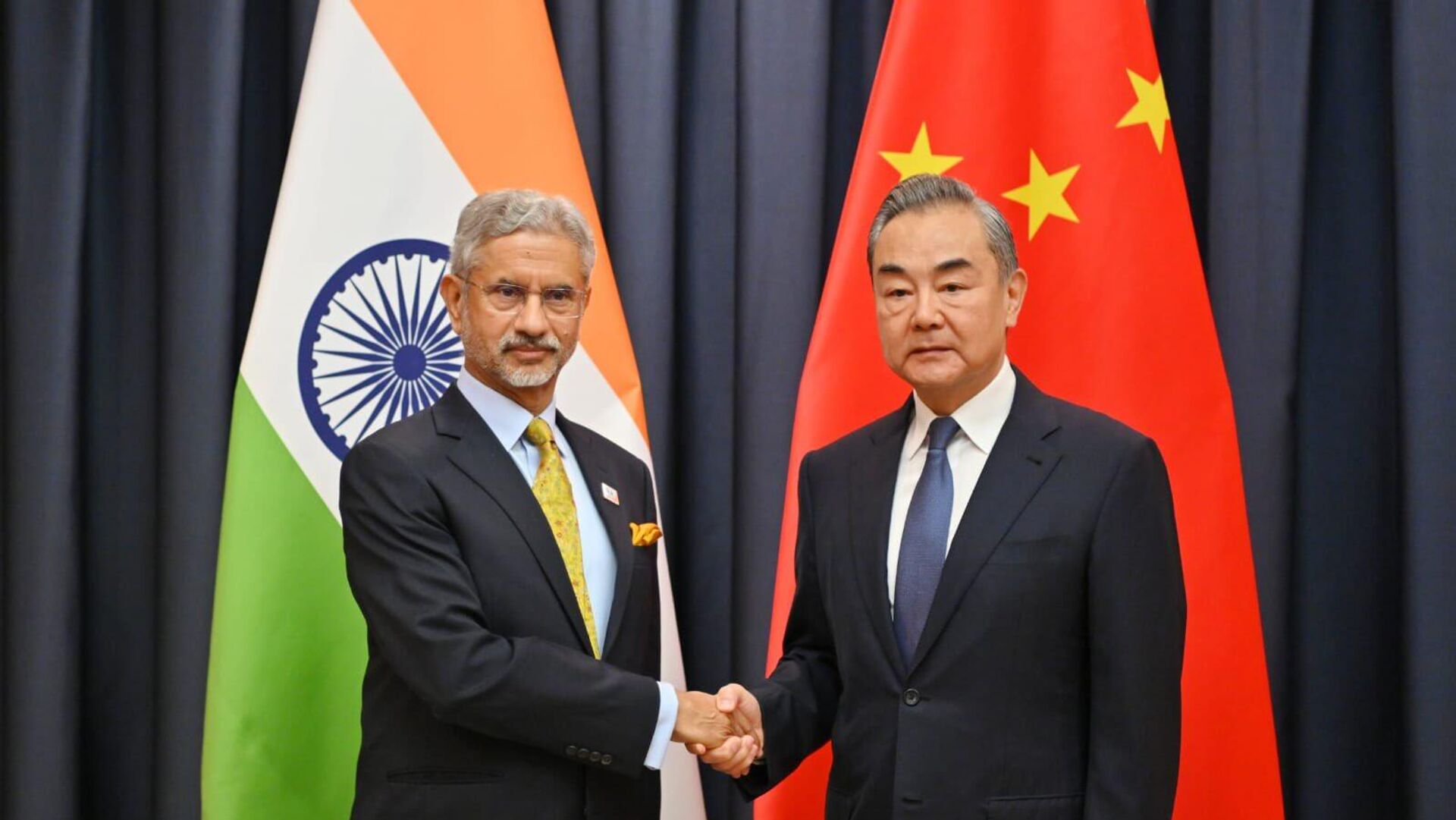- The much hyped summit between Donald Trump and Vladimir Putin in Alaska has concluded without any concrete evidence that the ongoing war between Russia and Ukraine will cease sooner than later. Notwithstanding Trump’s bombastic claims of stopping the aimlessly meandering conflict between the two countries in 24 hours, the standoff appears to continue despite various efforts to stop the mindless mayhem. Of course, the global community is inundated with unprecedented tariffs from the desk of the President of the USA on imported products, completely upsetting the established order. The disturbances felt across the globe with this move – under the guise of protecting American interests – need no further elaboration.

PC: The Federal
- India finds itself imposed with a 25% tariff, with an additional 25% looming for buying Russian oil. Thus, the summit outcome between Trump and Putin was also crucial for India. But the uncertainty on the matter continues even as the talks have concluded. Moreover, the summit has raised more questions than answers for India. New Delhi was hoping that a modus vivendi between Washington and Moscow on the Ukraine war would stave off Trump’s threatened secondary sanctions. It was a logical assumption: If Trump and Putin can do business, why can’t India also have a commercial relationship with Russia? While Trump and Putin appeared to agree on a peace deal to end the war, there is no word on the secondary sanctions yet.

PC: Riviera Maritime Media
- More worryingly, Washington has postponed a scheduled meeting of trade officials on August 25 that was supposed to clear the air on the secondary tariffs. Interestingly, on the same day Putin met Trump, he signed a new decree that could allow American oil major Exxon Mobil to regain shares in the lucrative Sakhalin-1 oil and gas project. Exxon, before Russia’s full-scale invasion of Ukraine, held a 30% operator share in the project. If Exxon returns to Russia, Trump’s secondary sanctions on India for buying Russian oil have no leg to stand on. That said, on the bilateral trade deal, India has done well to stick to its guns. Also, before Trump decided to torpedo the deal, New Delhi had been as flexible as possible. But it simply cannot compromise on the farm sector.

PC: Sputnik India
- Note that no country can afford to play with the livelihood of its farmers. India’s large agricultural sector, which employs around 46% of the workforce, opening up to duty-free US Agri-imports is impossible. However, in non-agricultural sectors, there is ample room for negotiations. The US also needs to keep in mind the larger geopolitical play here. India can be a viable option in the China+1 strategy. But Washington must cut New Delhi some slack. If it continues pressuring India through tariffs and sanctions, New Delhi will have no choice but to increase its alignment with BRICS or even revive the Russia-India-China platform. The Chinese foreign minister has already visited India. Trump should think hard before trying to drag India over the tariff coals.






